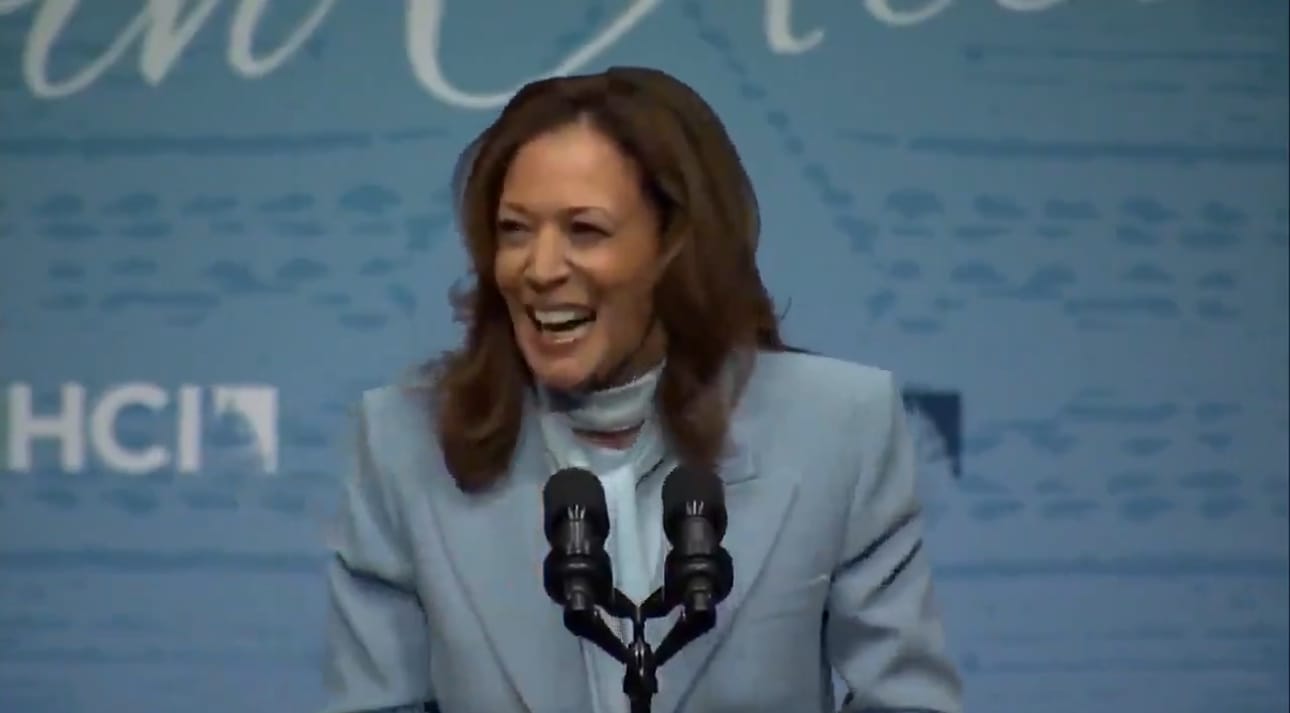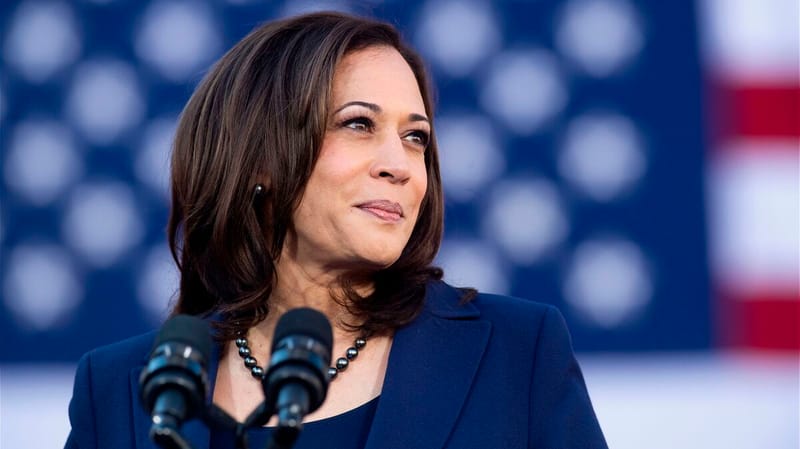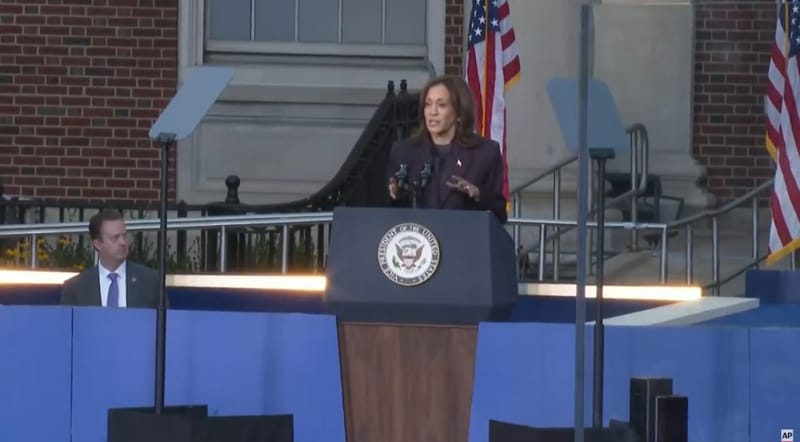Bafflement Ensues as Kamala Harris Debuts New 'Latina' Accent at Congressional Hispanic Caucus Event
In a recent event at the Congressional Hispanic Caucus Institute's leadership conference, Vice President Kamala Harris has once again caught the public's attention, this time for an apparent shift in her accent. Observers and social media users were quick to notice what they described as a
In a recent event at the Congressional Hispanic Caucus Institute's leadership conference, Vice President Kamala Harris has once again caught the public's attention, this time for an apparent shift in her accent. Observers and social media users were quick to notice what they described as a "Latina" accent during her speech, sparking a mix of confusion, criticism, and humor across various platforms.
Kamala Harris, known for her diverse background with roots in California, Quebec, and a family history tracing back to India and Jamaica, has been previously criticized for adopting different regional accents when addressing specific audiences. This latest incident, however, marks a new chapter in the ongoing narrative about her speech patterns.
The event, aimed at engaging with Hispanic communities and discussing policies affecting minorities and immigrants, saw Harris using phrases and a tone that led many to speculate on her motives. Social media platforms were abuzz with posts highlighting the shift, with comments ranging from accusations of pandering to cultural appropriation. Conservative voices were particularly vocal, with one notable X post from a former politician humorously questioning when Harris had become Latina.
Observers and social media users were quick to notice what they described as a "Latina" accent during her speech, sparking a mix of confusion, criticism, and humor across various platforms. https://t.co/QY0nixC7ds #KamalaHarris
— VIRTUE.NEWS (@virtuemediacorp) September 20, 2024
Political analysts and commentators have offered various interpretations of this phenomenon. Some argue that Harris is employing a strategy known as "code-switching," where individuals adapt their speech to fit the context or audience, a practice common in politics but one that draws criticism for authenticity when overly exaggerated. Others, however, see it as a misstep, suggesting it could alienate voters by appearing inauthentic or out of touch.
The incident has reignited a broader discussion on authenticity in political communication. Critics argue that such changes in speech could be perceived as a lack of genuine connection with the diverse groups she aims to represent, potentially undermining her credibility. Conversely, supporters of Harris might view these adaptations as an attempt to connect more deeply with various cultural groups within the United States.
This event adds another layer to the complex tapestry of Harris's public persona, where her background, policies, and communication style continue to be subjects of public and media scrutiny. As the presidential campaign progresses, how these shifts in accent and public perception influence voter turnout and support will be a key area of interest.
As of now, Kamala Harris's office has not officially commented on the accent shift, leaving the public to speculate and discuss what this means for her image and campaign strategy moving forward. The discourse around this topic underscores the challenges and nuances of political communication in an era where every word and tone can be dissected in real-time on social media.




